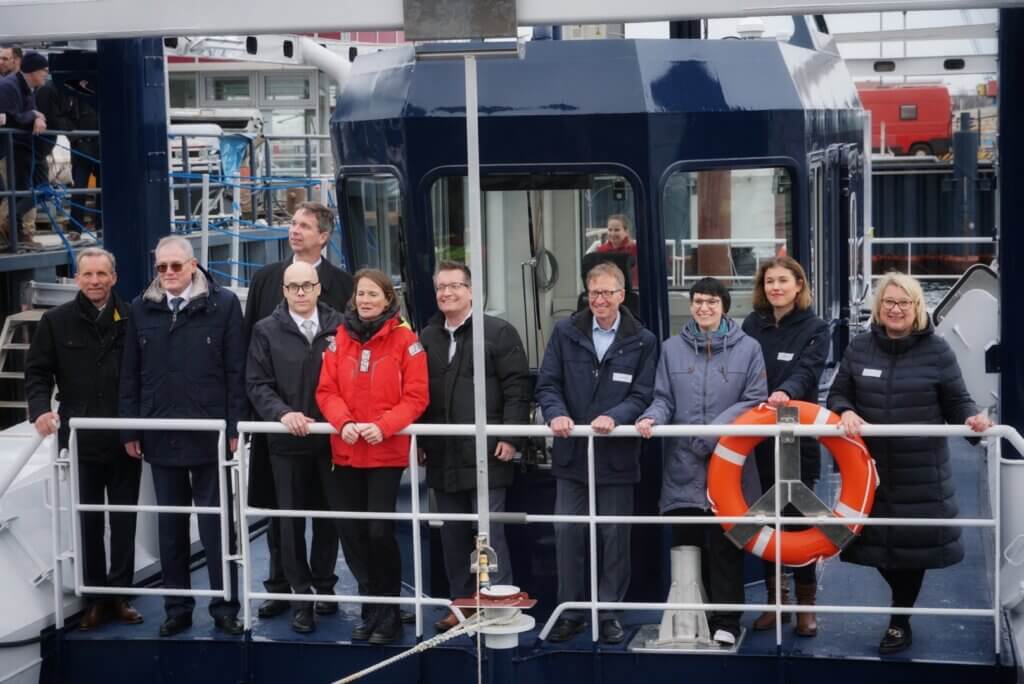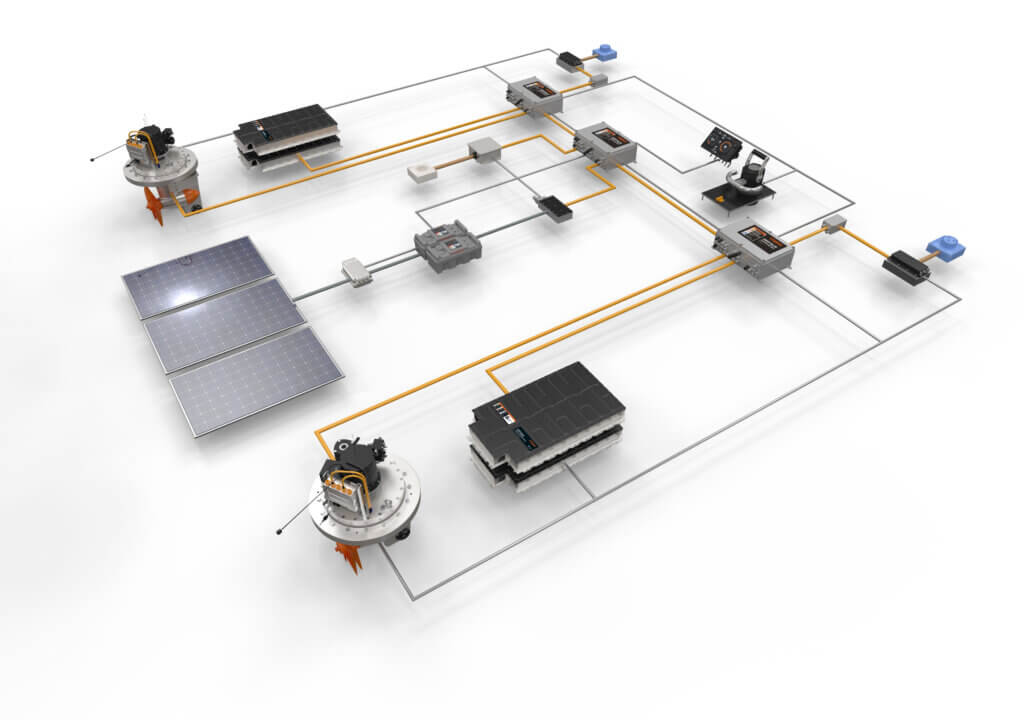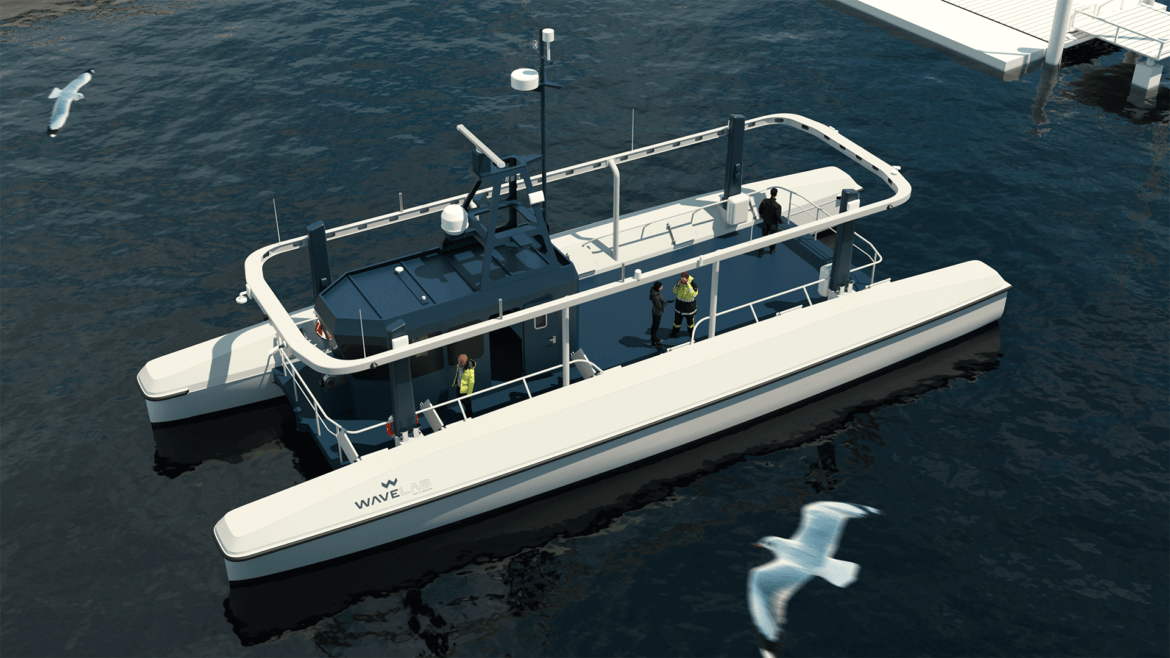CAPTN is an acronym that smacks of the future and innovation, and it stands for Clean Autonomous Public Transport Network. CAPTN is a public-private research consortium which is operating in the German port city of Kiel. And this is where it all began, starting from a far from simple question: how can the public transport system be made healthier and cleaner without sacrificing ease of use?
Behind this project there is an important collaboration with Torqeedo, chosen precisely to focus on technology and clean, electric propulsion, for the research vessel MV “Wavelab”. According to the first estimates, it seems that this catamaran is ready to start recording data to help structure a real network of electric and autonomous ferries. The idea is to make CAPTN the very institution behind a system that connects all means of public transport.
The present is in Kiel, the future is in the waters of the whole world
On February 22, 2023, the great initiative which allowed CAPTN to start obtaining a series of answers in the test phase for autonomous navigation was launched.
As mentioned, the present of this project is certainly linked to a reality like that of Kiel, which is a city built near the water, but the goal is to expand it throughout the world to make this urban mobility system open to all. This city thrives on an important maritime culture and its rivers, its coasts, are an integral part of many activities, including freight transport, fishing grounds and of course public transport.

Torqeedo has embraced this initiative by supplying 2 Deep Blue 50 kW steerable thrusters and 8 Deep Blue Li-ion batteries with a total capacity of 320 kWh. Thanks to 4 Power 24-3500 batteries, it’s possible to power the on-board 24V system, which is enriched with a 22kW rapid charger, a DC/DC converter, and a DC/AC converter.

Dual Deep Blue 50 steerable thruster system rendering
Torqeedo CEO Fabian Bez talks about urban mobility:
“Waterborne public transit offers flexibility to urban mobility planners. Roads, tunnels and bridges take up space and stay where they are built, but water taxis and ferries can move where they are needed to meet peak demand. As cities become more populous and more connected, this kind of rapid response capability will prove ever more valuable.”
CAPTN is everyone’s goal
Torqeedo proudly participated in the project with the power supply of the MV “Wavelab” vessel, supporting the development of fully autonomous public transport. But this is not the only central part of this program.
Behind the actual launch of the catamaran is the Research and Development Center of the Kiel University of Applied Sciences, which is part of the project. The ship measures 21 meters in length and is eight meters wide and marks the beginning of a decisive journey towards the future of new mobility. Hard to say yet, but soon (very soon) the ship will be able to offer all its answers during the initial research phase.
Furthermore, the CAPTN project is working in the development phase of enabling technologies for sustainable urban transport, such as the 5G network to connect autonomous ferries. This is a plus for optimizing port logistics and to be leveraged in an optimized way in the future. Finally, CAPTN is also working on renewable energy for maritime uses, as well as doing everything possible to use artificial intelligence in the processing and collection of data regarding traffic, to always have a picture of the situation in real time.


